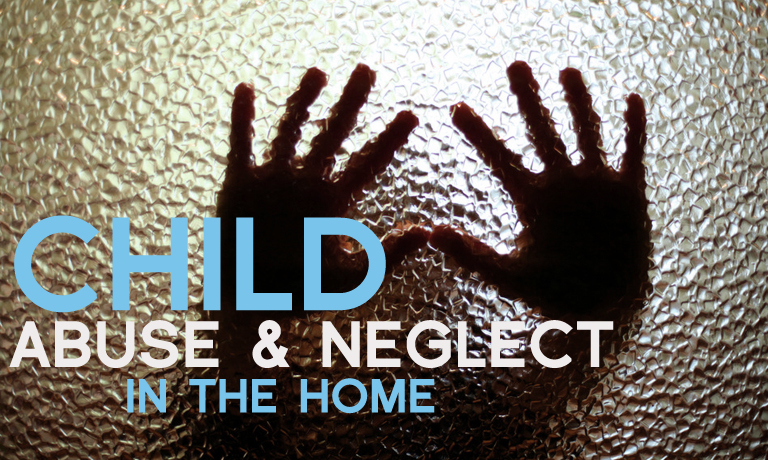The Problem of Child Abuse and Neglect in the Home
What This Guide Does and Does Not Cover
This guide begins by describing the problem of child abuse and neglect in the home, and reviewing factors that increase its risks. It then identifies a series of questions to help you analyze your local child maltreatment problem. Finally, it reviews responses to the problem and what is known about them from evaluative research and police practice. This guide is not intended to provide specific guidance on investigative techniques
Child abuse and neglect in the home is but one aspect of the larger set of problems related to child maltreatment that occurs in a variety of places and by people with varied relationships to the victim.§§ This guide is limited to addressing the particular harms created by child abuse and neglect that occurs in the home, typically by the child’s caretaker or someone close to the caretaker (e.g., the mother’s boyfriend). Related problems not directly addressed in this guide, each of which requires separate analysis, include:
• Child physical and sexual abuse in institutions (e.g., correctional facilities, churches, youth organizations, foster care)
• Commercial sexual exploitation of children and organized child sex rings
• Child pornography on the Internet
• Child fatalities (including shaken-baby deaths and Munchausen syndrome by proxy)
• Child abuse among immigrant populations (e.g., excessive discipline of children or other instances in which cultural norms conflict with child welfare laws)
• Exposure of children to hazardous materials (see also, Clandestine Methamphetamine Labs in this series)
• Abandoned children
• Juvenile runaways
Some of these related problems are covered in other guides in this series, all of which are listed at the end of this guide. For the most up-to-date listing of current and future guides, see www.popcenter.org.

